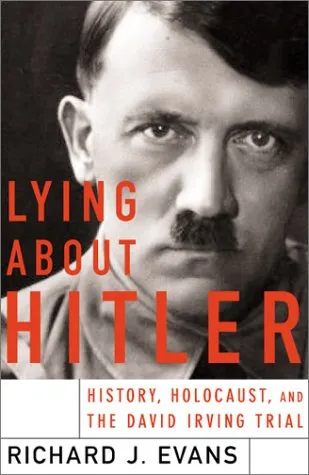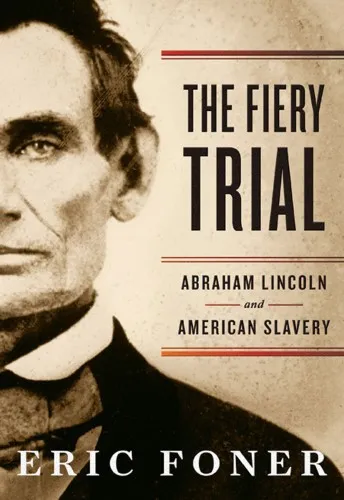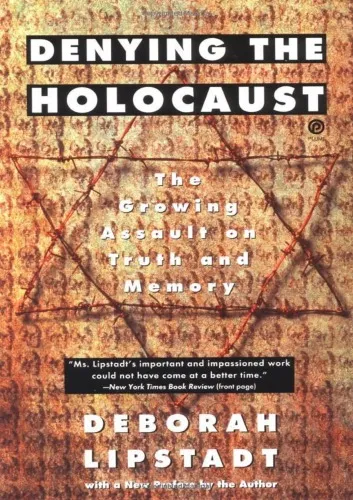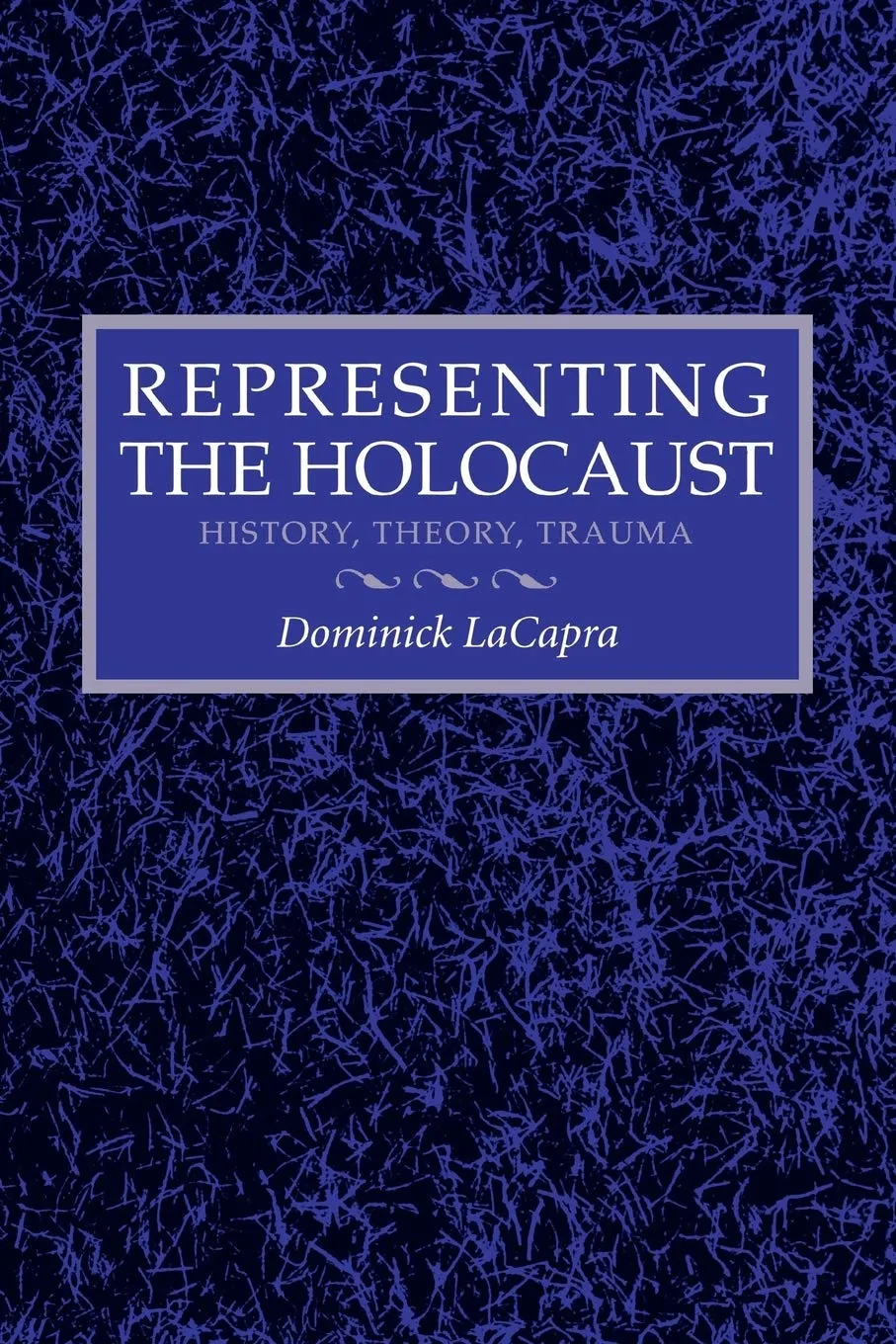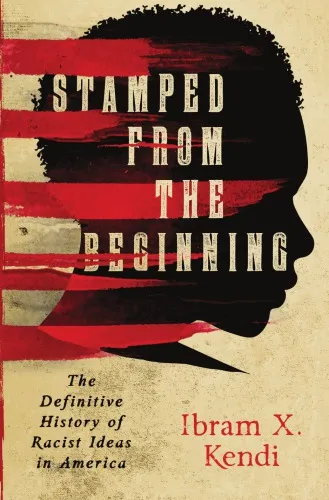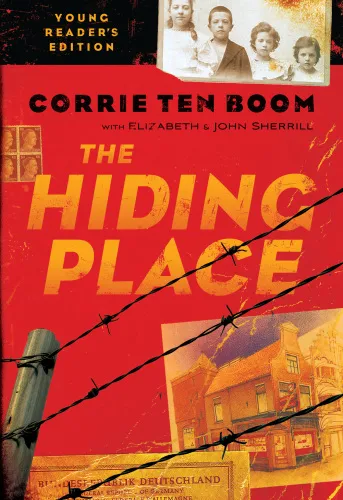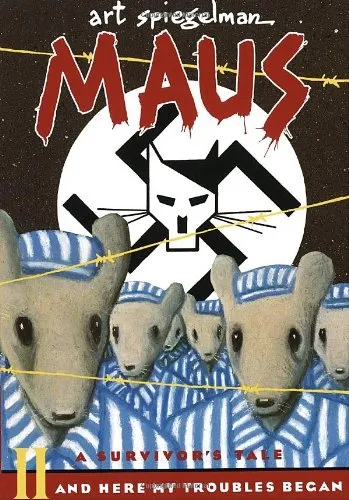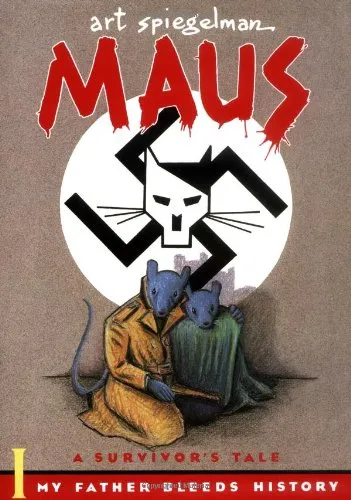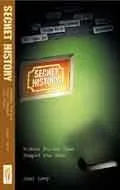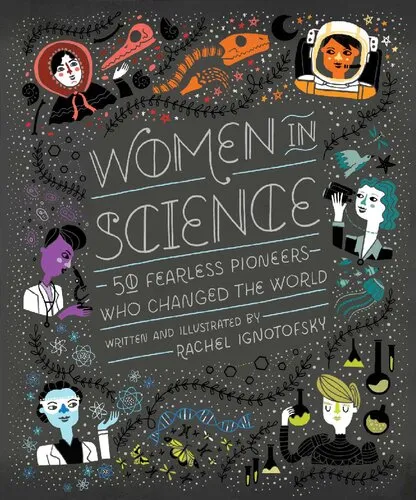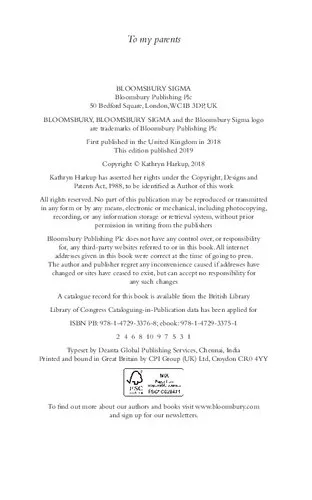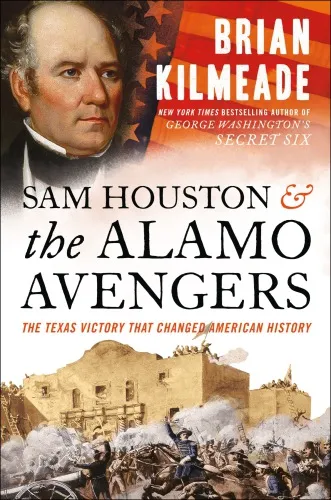Denial [Movie Tie-in]: Holocaust History on Trial
4.7
Reviews from our users

You Can Ask your questions from this book's AI after Login
Each download or ask from book AI costs 2 points. To earn more free points, please visit the Points Guide Page and complete some valuable actions.کتاب های مرتبط:
Introduction
Welcome to the world of history, truth, and the compelling fight for justice with "Denial [Movie Tie-in]: Holocaust History on Trial" by Deborah E. Lipstadt. This captivating narrative chronicles a landmark legal battle that went beyond the realms of legal intricacies and delved deeply into historical acknowledgment and denial. In this exceptional work, Lipstadt offers an intricate look at the fight against unabashed Holocaust denial and the unwavering pursuit of truth. Perfectly blending legal thriller elements with historical analysis, this book provides an insightful and critical exploration of one of the most significant trials of the 21st century.
Detailed Summary
In "Denial," Deborah E. Lipstadt recounts her legal battle against David Irving, a British writer who sued her for libel when she called him a Holocaust denier. The trial, which took place at the High Court in London, brought the question of historical fact versus opinion to the forefront. Lipstadt's attorneys and historical experts had to prove that the Holocaust occurred and that Irving deliberately twisted evidence to suit his claims. The book meticulously details the exhaustive legal process, the strategic planning behind the defense, and the profound implications of the verdict.
The story unfolds with Lipstadt's publication of her book "Denying the Holocaust," wherein she criticized those who denied documented historical facts, including figures like David Irving. His libel suit challenged Lipstadt and Penguin Books to defend the truth about the Holocaust in a court of law. What follows is a gripping account of how a team of historians and lawyers worked tirelessly against formidable odds to uphold historical truth. More than just a recount of events, Lipstadt's narrative gives insight into the emotional and intellectual challenges she faced and the broader impact of the trial.
Key Takeaways
- The importance of safeguarding historical truth against denial and distortion.
- Understanding the legal and personal challenges involved in defending truth in court.
- The role of historical evidence and documentation in the legal system.
- The broader implications of the case for historians and public discourse on history.
- The ethical responsibilities of historians when confronting revisionism.
Famous Quotes from the Book
"What is the purpose of history if not to facilitate recognition and understanding of the past?"
"Denial is not just the disbelief of facts; it is, at its core, an assault on truth itself."
"To forget the past is to risk being swindled by it."
Why This Book Matters
"Denial" is not merely a book about a court case; it is a testament to the relentless pursuit of truth and justice. It underscores the critical need to protect historical accuracy and integrity, especially at a time when denial and distortion threaten to reshape collective understanding of significant events. The book serves as a crucial reminder of the enduring relevance of Holocaust remembrance and the dangers posed by those who seek to rewrite history to fit pernicious narratives.
The significance of Deborah Lipstadt's story extends beyond the confines of the courtroom. It challenges readers to consider the ethical responsibilities of individuals and societies in confronting lies and protecting truth. In a world where misinformation can spread rapidly, "Denial" offers a powerful example of how standing firm on factual ground is both a moral imperative and a societal necessity. It is a must-read for anyone interested in history, justice, and the power of unwavering commitment to truth.
Free Direct Download
You Can Download this book after Login
Accessing books through legal platforms and public libraries not only supports the rights of authors and publishers but also contributes to the sustainability of reading culture. Before downloading, please take a moment to consider these options.
Find this book on other platforms:
WorldCat helps you find books in libraries worldwide.
See ratings, reviews, and discussions on Goodreads.
Find and buy rare or used books on AbeBooks.
1391
بازدید4.7
امتیاز0
نظر98%
رضایتReviews:
4.7
Based on 0 users review
Questions & Answers
Ask questions about this book or help others by answering
No questions yet. Be the first to ask!
![Denial [Movie Tie-in]: Holocaust History on Trial](https://s3.refhub.ir/images/thumb/Denial__Movie_Tie-in___Holocaust_History_on_Trial_5630.webp)
